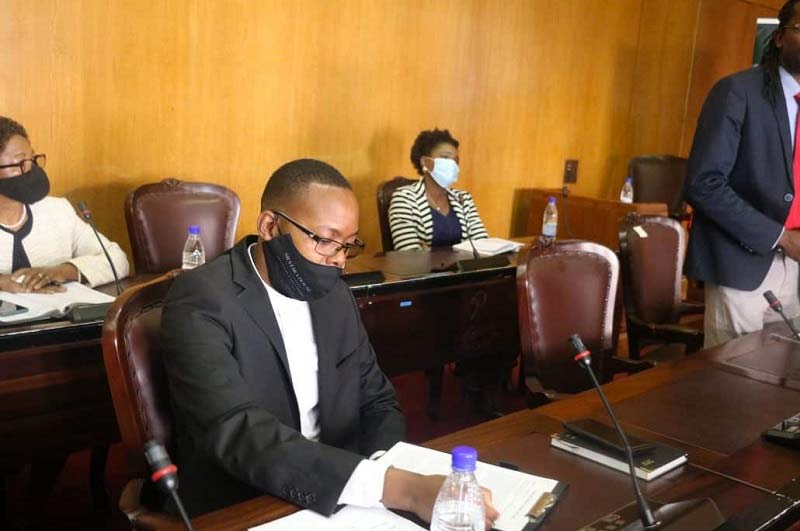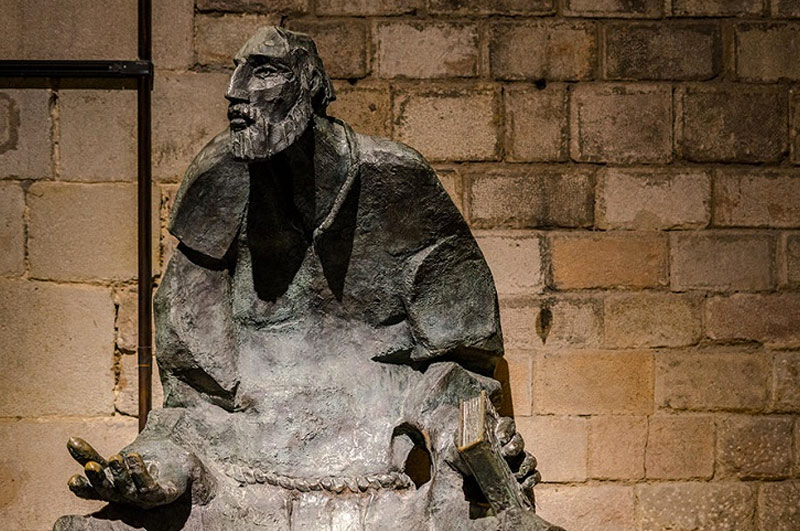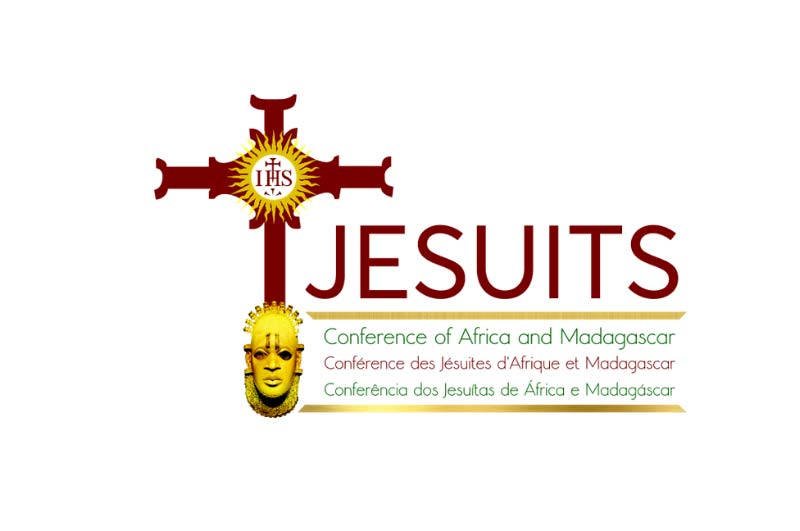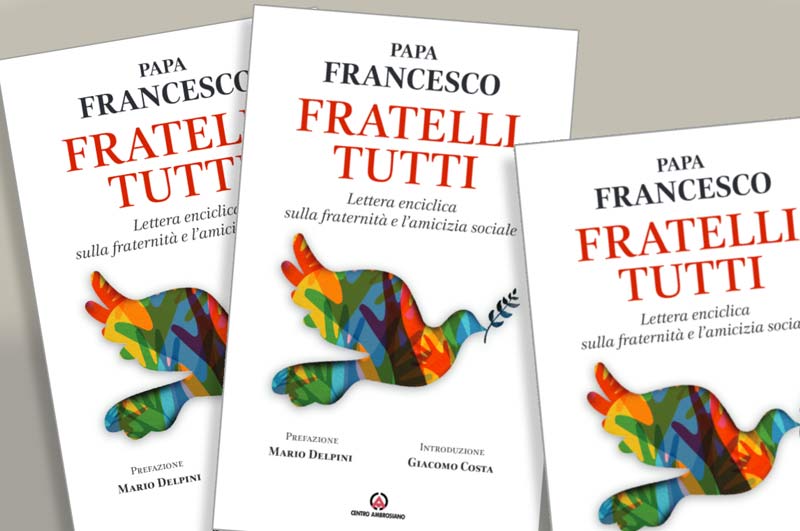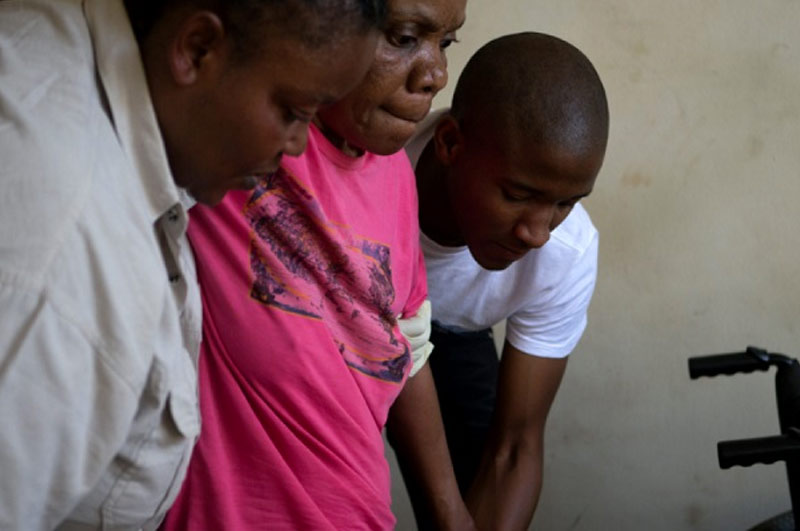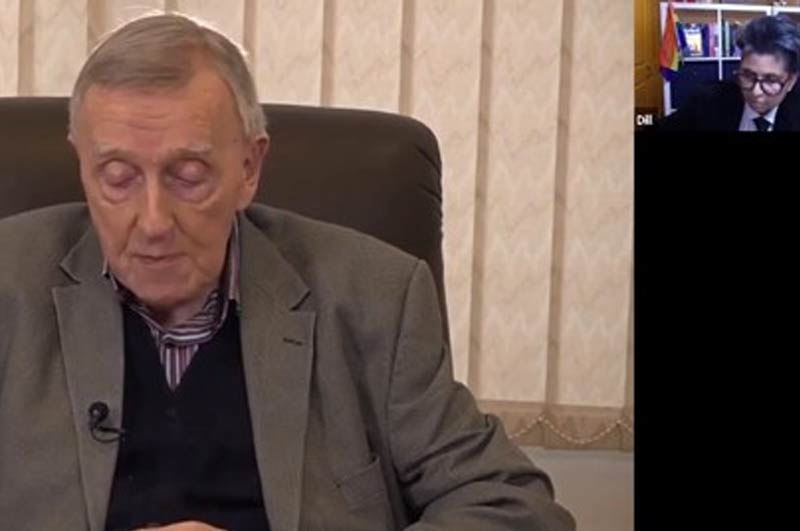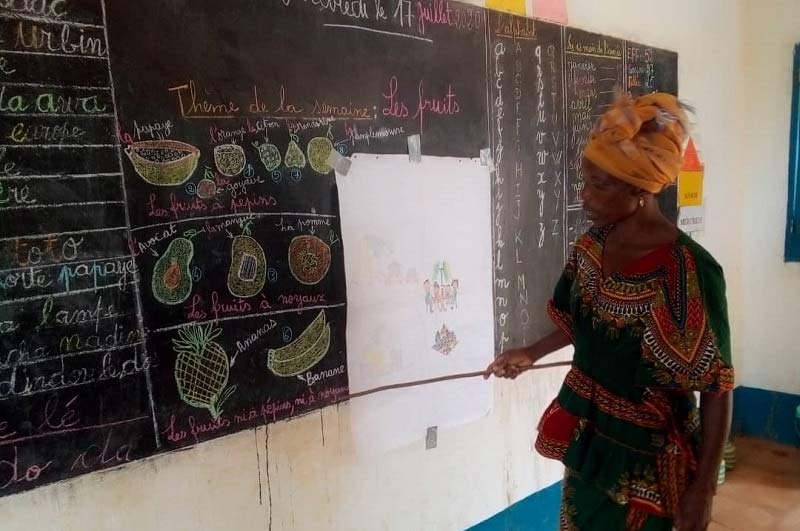


Mélanie, 49 years old, used to sell fruits in the market in Bambari, her hometown. She was trained as a preschool teacher when the Jesuit Refugee Service (JRS) launched their preschool education project in the area in 2016 and has been working with us since then.
“The rewarding part of my job is to have the joy of contributing to the education of the children of my country from early childhood. I am very happy to see these children start the first lessons of learning by my side and grow up to go further. I am happy to be among those participating in building a better future for my country and I am also very satisfied with the number of girls who are enrolled in preschool; step by step, there are more girls than boys. Last year in my class I had 26 girls and 23 boys. This is very encouraging!

The Covid-19 delayed our work, with the children being at home, we were not able to continue our education program as before. This pandemic blocked everything and life itself became difficult. I was lucky enough to be part of the School radio team [of l’École à la Radio] in the program launched by JRS with the support of Education Cannot Wait (ECW). It helped to manage this crisis and continue to teach many more children than usual. I was used to teaching 40 to 50 kids, but with l’École à la Radio, I taught thousands. I think this program has helped me personally to flourish as a teacher and still feel useful to little children in the midst of the Coronavirus crisis.
In my opinion, education is very important because it shapes the conscience and helps to train people to become useful to society. Education helps to develop the country. By reducing the illiteracy rate, we will have fewer problems because people will be trained to respect life and the community.
In general, preschool is very neglected in the region. The state has not yet developed a good support system for preschool teachers. Most receive little or nothing from the state. As a result, many prefer to find other activities or work in private schools.
As a teacher, I encounter some challenges, such as when the pedagogic kits for the preschool training centre disappeared. Some parents don’t pay the school fees to support the teachers and, more than one time, I have been insulted by the parents who didn’t want to pay and who aren’t aware of the importance of preschool education.
Communities must understand and recognize that we [preschool teachers] bring a lot to the education of their children. This training process begins in early childhood and the community must understand that education is everyone's business and not just teachers.
I would like to have adequate teaching material. In my school, there is a lack of appropriate material for children's games; we need it for a better development of children in play areas. Preschool teachers need to be trained to take better care of children too. My school and other preschools are not secure and are vulnerable to theft. We would like to have a fence made of durable materials for added security. and not in planks or bamboo.”
Related Articles

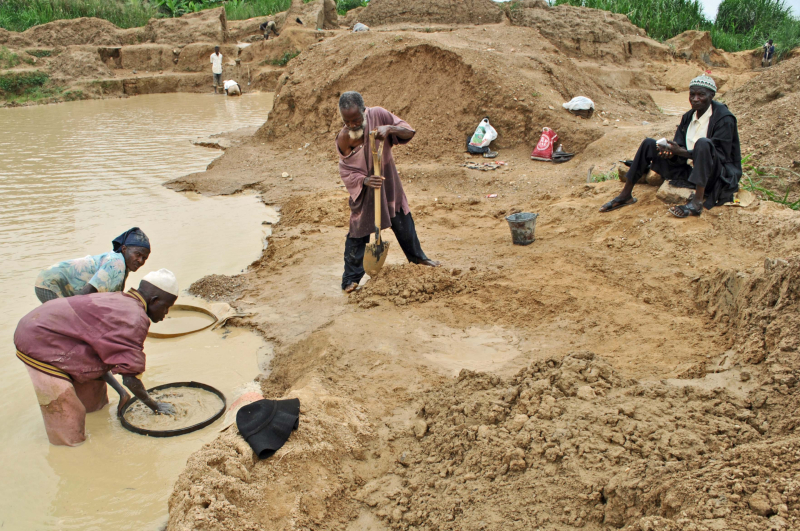

Select Payment Method
Pay by bank transfer
If you wish to make a donation by direct bank transfer please contact Fr Paul Hamill SJ treasurer@jesuits.africa. Fr Paul will get in touch with you about the best method of transfer for you and share account details with you. Donations can be one-off gifts or of any frequency; for example, you might wish to become a regular monthly donor of small amounts; that sort of reliable income can allow for very welcome forward planning in the development of the Society’s works in Africa and Madagascar.
Often it is easier to send a donation to an office within your own country and Fr Paul can advise on how that might be done. In some countries this kind of giving can also be recognised for tax relief and the necessary receipts will be issued.


